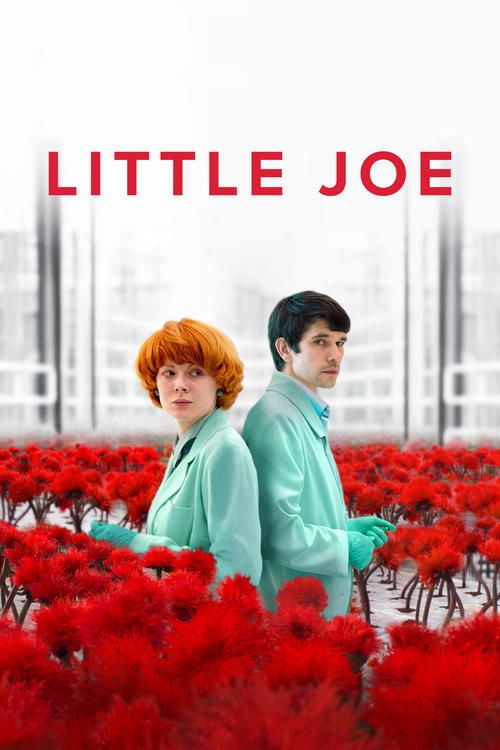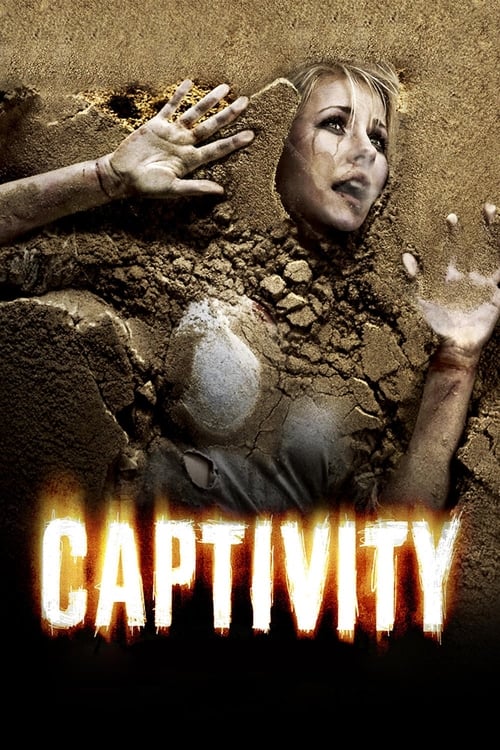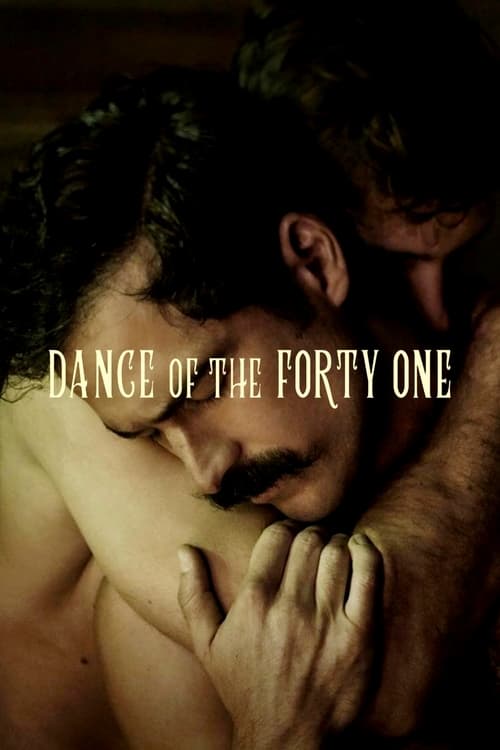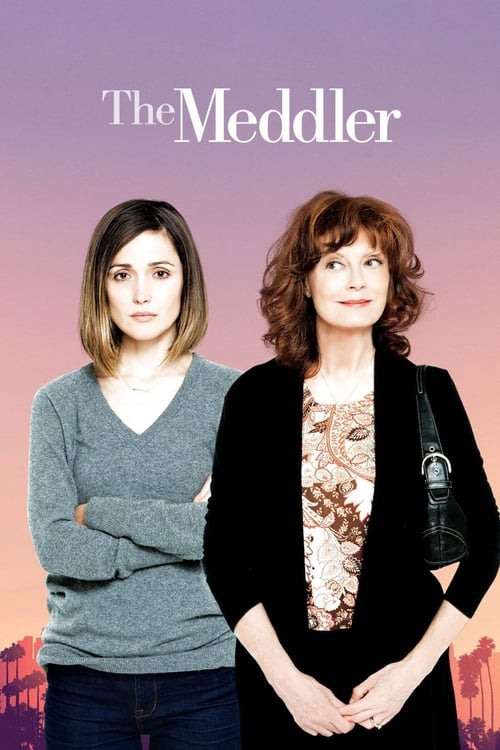
2015
Thiranthidu Seese
Thriller
6.0
User Score
1 Votes
Status
Released
Language
ta
Budget
$0
Production
Overview
Two bartenders discover an unconscious girl in the restroom of their pub, who wakes up and accuses them of raping her even though she has no recollection of who of the two did it. And she decides to find out in her own way...
Review
timesofindia
6.0
As a premise, Thiranthidu Seese is fantastic. It is a whodunit where the crime isn't murder but rape. And in Charmi, the film has a strong female lead. She is a modern thinking girl — she goes to the pub alone, smokes and drinks, wears tight-fitting western wear, but doesn't think that this gives men the right to see her as an easy lay. So, when she wakes up in the bar lounge of John and Hussain, she immediately springs into action after realizing that she has been raped by either of the two bartenders, who had been eyeing her ever since she entered the pub.
The two men do seem shady. They bribe the cops with free liquour, solicit the services of a pimp and confess to having slept with some women visiting the pub. They are also tipplers. John, who is married, needs a shot of alcohol very now and then to remain normal. Hussain, on the other hand, seems goofy (he cannot even say the word 'rape' and keeps mentioning it as 'R') but there seems to be something amiss with him. And yet, the two men vehemently deny Charmi's charges and call in a doctor, who turns out to be a psychiatrist, but still persuade her to find out if Charmi was actually raped. The doctor confirms it and the mystery deepens.
The first half of Thiranthidu Seese is quite engaging and even though the entire action takes place inside the pub, there are a lot of things happening and we are intrigued by the situation and what might happen next. The arguments each of these characters make and their version of what happened feel a little bit Rashomon-esque. We are as unsure as each of these characters on what exactly must have happened and that makes it all the more interesting.
And through Charmi, the director makes some valid points on how society views women. When John, in an effort to cheer her up, tells her to forget the incident as a bad dream, she lashes out and asks if he would tell the same if his sister or girlfriend had been in her state. Dhanshikaa plays this role with just the right amount of toughness and vulnerability. We sense her deep hurt and also her determination in getting justice — she even refuses to go to the cops and chooses to take matters in her own hand and be the victim, judge, jury and executioner all combined.
And then, post interval, we end up in a different film, one whose motivations are far different from where it seemed headed — the somewhat edgy (at least by Tamil cinema standards) woman empowerment saga turns into a melodramatic anti-alcohol addiction message movie, that is preachy and begins to feel like a feature-length public service advertisement against drinking. The focus too shifts from Charmi to John. We get a backstory for John to show us how he became a hopeless addict but it goes on and on in very predictable fashion that we begin to feel restless. Did the director not know how to end what he began so convincingly? The film suddenly seems over-long and the climactic twist is staged awkwardly that we are underwhelmed. But there is spark in the director that makes us want to laud him, more so because this is a first-time effort.
Read More 



